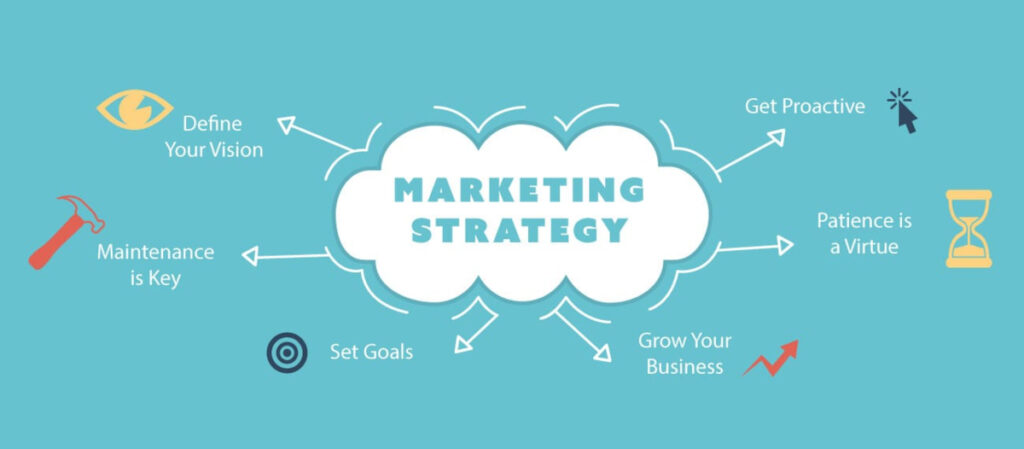Empowerment requires trust, autonomy, and impact. It requires leaders to provide guardrails and connect their teams’ goals.
It also requires acknowledging employee achievements, since three of the top reasons employees consider leaving their jobs relate to lack of meaning and belonging. Using a feedback system like Achievers Listen and Achievers Recognize can help.
1. Empowering Individuals
For empowerment to work, it needs to be supported by the greater context of company culture. That means encouraging innovation and wellbeing for every group at the onset of employee recruitment, as well as staying attuned to any actions or messages that might disempower people.
One way to do this is by asking employees what their career goals are, and then supporting them in achieving them. This makes them feel empowered and unstoppable, which in turn leads to stronger retention and a higher sense of self-efficacy.
Of course, empowering employees also means giving them autonomy to make decisions and pursue strategic initiatives. But this isn’t just about letting people run wild; it also involves helping them to take risks and learn from their mistakes. Hence, it’s essential to provide coaching to support workers through new, sometimes uncomfortable learning curves. Likewise, it’s important to recognize employees for their successes – which can be as simple as an email or a handwritten card.
2. Empowering Teams
When teams are empowered, they feel confident in their ability to complete group projects and take responsibility for their output. They don’t have to wait around for the approval of a manager and are much more efficient at solving problems.
Empowering your team starts with understanding each person and their individual goals. When you sit down one-on-one with your staff and ask them about their career aspirations, what skills they want to develop and how they want to grow professionally, you show them that you value them as people and that you care about their development.
It’s also important to let your staff know that you trust them and are proud of their accomplishments. One of the best ways to do this is by implementing an employee recognition system like Achievers Recognize, which makes it easy for managers to recognize their teams for a job well done. This shows that you’re invested in the success of your employees and can be a huge boost to their sense of empowerment.
3. Empowering Organizations
As leaders adopt a new culture of empowerment, their employees will learn to work more independently and self-starters will seek out challenging projects that give them the opportunity to develop bold ideas. As they gain the confidence to take on new responsibilities, companies will experience a decision dividend in terms of improved productivity and business growth.
A key part of empowerment is clearly communicating company goals to your team and aligning their personal goals with those goals. This is important for employee retention, as workers who are passionate about their jobs will feel a greater connection to the success of the organization and will want to stay.
One way to encourage this alignment is by having your employees participate in discussions about achieving current goals and developing new ones. In addition, you can also empower your team by reducing the number of management layers in order to facilitate open communication and transparency in decision-making. This will help your employees to understand how their judgments can impact the company, further improving trust and understanding in the workplace.
4. Empowering Customers
Customer empowerment refers to strategies that allow customers to resolve issues on their own and create a sense of importance. Companies that leverage customer empowerment see higher levels of customer success and loyalty.
Sarah calls your customer service department for help with a problem with her new computer. She tells the representative that it’s not working properly and wants to get her a refund. However, the rep has no discretion to offer her a refund and she’s frustrated.
A business can empower its customers through self-service options like email and chatbots or by allowing them to customize their own digital content. They can also encourage customer feedback and act on it to stay relevant to their audience’s interests. Empowering customers provides them with a better buying experience and increases retention, sales, recurring revenue, and more.




